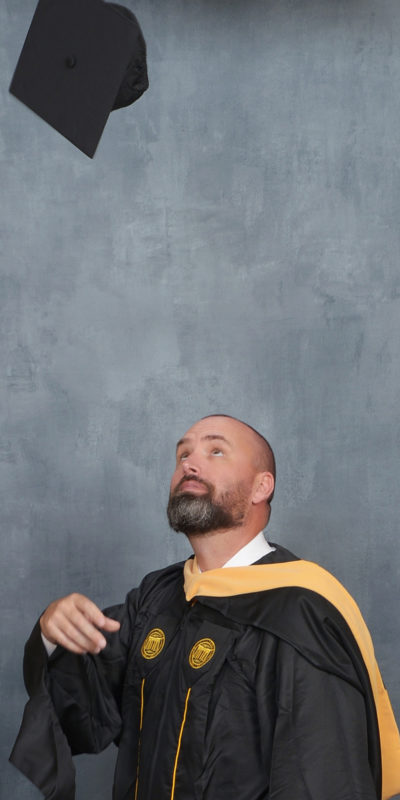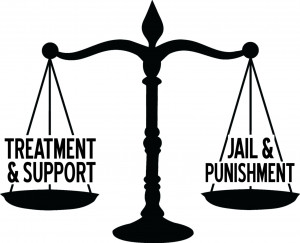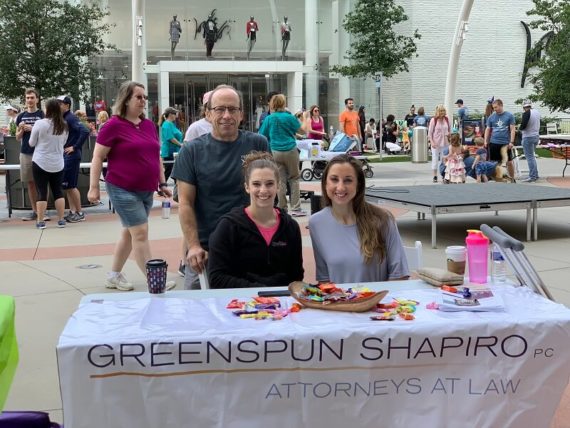(12-15-20) Tomorrow I will be posting a blog about my participation with other authors in a mental health summit, but today I am sharing some joyous family news!
My son, Kevin Earley, who is identified in my book by his middle name, Michael, graduated this week from Virginia Commonwealth University with a Masters Degree in Social Work. 
It has been 18 years since he was arrested after he broke into an unoccupied house to take a bubble bath during a psychotic break. He avoided being hamstrung for life by two felonies after he agreed to plead guilty to two lesser charges that remain on his record. It has been 14 years, since he was shot twice with a taser by Fairfax County police, handcuffed and driven to a mental health facility where I watched him lying on his belly with his hands cuffed behind him and his legs chained while talking nonsense to two police officers poking fun at him. It has been 12 years, since his last hospitalization – his fifth – when he finally acknowledged that he had bipolar disorder and decided to begin seeking help. Thankfully, he was supported by a wonderful social worker, Cyndi Anderson, caring doctors, his mother, Barbara Hunter, his “second set” of parents – Steve and Gillian Kussmann – my wife, Patti, and his siblings.
This has been a long journey for our family filled with challenges. Kevin once believed that he either would be in jail, homeless or dead because of his illness. He felt hopeless.
Today, he adds the MSW title to his name as he continues to work full-time in Arlington County, Va., as a peer specialist.
While I am a proud father, I am keenly aware that many of you have lost someone you love because of mental illness. I know many of you have a loved one currently in jail or prison because of mental illness. I know many of you have a loved one who is homeless or missing. I recognize that many of you are like I was in 2002 – panicked, unsure who to call, disbelieving that your child has a mental illness, angry because you can’t get help until your loved one is dangerous, and worried about an uncertain and scary future.
I am sharing our good news, not to boast, but to offer you hope and remind us all that most individuals with mental illnesses can and do get better if they get the individual help that they need.
Kevin joins his younger sister, Traci, as our second family member who has earned a Masters Degree and works in field. Her degree is in Clinical Mental Health Counseling and she assists clients at Pathways Homes.
I’m certain Traci chose her career because she saw what our family was going through trying to help Kevin. His illness impacted all of us and we are tremendously grateful, especially knowing how much he loathed school, that he didn’t give up and earned an MSW that he now will be able to put to good use helping others on their journeys to recovery.






